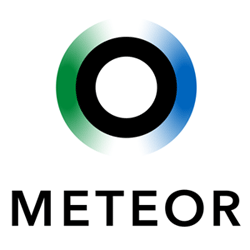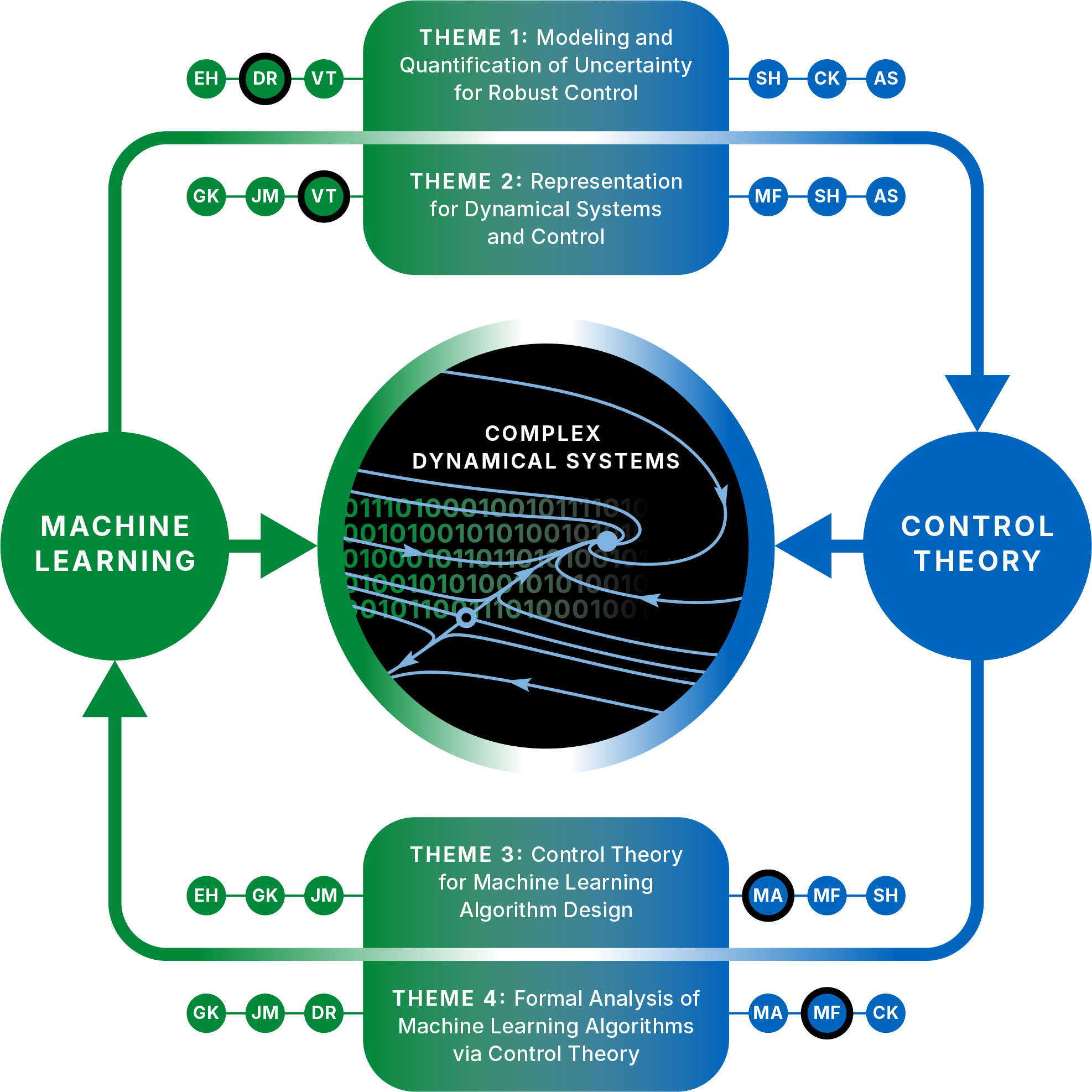
Welcome to RTG-METEOR application platform!
We are inviting you to apply for a Doctoral Researcher (DR) or a Post Doctoral Researcher and join the Research Training Group METEOR.
RTG METEOR is a joint Initiative of LMU Munich and Technical University of Munich (TUM), approved by the German Research Foundation (DFG).
The positions are ranked according to German TV-L E13 (100%), for a duration period of 4 years (Doctoral Researcher Position) or 3 years (Post Doctoral Researcher Position).
Deadline for submission of Applications - 13th of November 2025 (Portal closes at 23:59 CET).
Starting date - 1st of April 2026.
If questions arise, do not hesitate to contact us: applications.meteor@ifi.lmu.de
ABOUT RTG METEOR
The core objective of this RTG is to bridge the gap between control theory (CT) and machine learning (ML) and to train a new generation of scientists with skills on both sides. Such scientists are urgently needed to face the challenges of modern artificial intelligence (AI) research and to establish data-driven discovery as the “fourth paradigm” of scientific discovery.
The ambition of METEOR is to train a new generation of researchers at the intersection of machine learning and control theory for complex dynamical systems, advancing research through exploring synergies, complementarities, and mutual benefits of both fields.
Owing to the mutual benefits of the two fields and the goal of letting them learn from each other, we plan to pursue two main research directions in METEOR:
i) Machine learning for control theory (ML→CT): How to leverage ML for the data-driven design of robust, uncertainty-aware controllers for complex, safety-critical dynamical systems?
ii) Control theory for machine learning (CT→ML): How to harness principles and methods from CT to analyze and improve ML algorithms, e.g., by increasing their robustness with respect to low-quality data, distribution shift, resource restrictions, safety constraints, etc.?
Both research branches will be studied from a complex dynamical systems perspective, which provides a common mathematical framework for both ML methodology and CT.
Concretely, we will pursue 4 research themes:
- T1 Modeling and Quantification of Uncertainty for Robust Control
- T2 Representation for Dynamical Systems and Control
- T3 Control Theory for Machine Learning Algorithm Design
- T4 Formal Analysis of Machine Learning Algorithms via Control Theory


